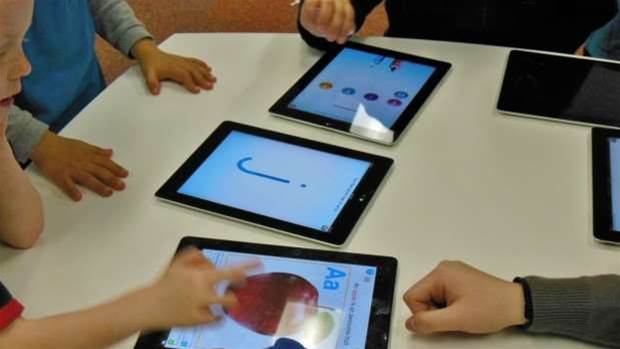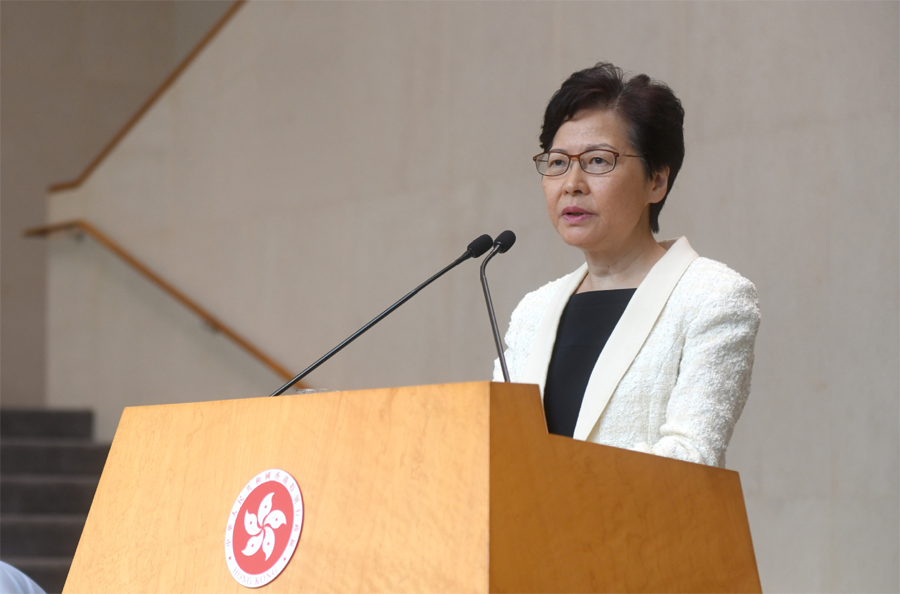This article has been reviewed according to Science X's editorial process and policies. Editors have highlighted the following attributes while ensuring the content's credibility:
fact-checked
trusted source
proofread
How Open Colleges reinvented itself as a digital business
As an online education provider, Open Colleges is in no doubt that its digital education platform can either make or break its business.

But it hasn't always been this way. Open Colleges first made the transition online in 2010 with the first version of its OpenSpace platform.
The system helped Open Colleges shift from its traditional business model of distance education provider, using workbooks and printed assessments, to a basic online education provider.
OpenSpace v1 used an off-the-shelf platform to load PDFs online for students to access.
However, it was not available on mobiles or tablets, had only basic assessment upload and forum functionality, and only offered a one-size-fits-all approach.
After coming to the realisation that the platform wasn't a great substitute for face-to-face-learning - while noting the opportunities of creating a mobile offering - Open Colleges decided to build a new platform that would give students the best chance of graduating, tailored to how they wanted to learn.
"The realisation was that we needed to transform our business and our learning platform, coupled with our product and insights capability, was the key first step in making this transition to a digital education business," Open Colleges CIO Trevor McDougall said.
OpenSpace version 2 - an HTML5 web app that leverages the AWS public cloud - was launched as a minimum viable product in December 2014. Features have been deployed in fortnightly sprints since.
Content is native, and the platform is fully responsive for mobiles and tablets. It offers podcasts, the ability to annotate learning content, myriad social features, tracking, a message centre and discussion and forum centres.
The platform is tightly coupled with the organisation's Salesforce CRM and its student management system, and can easily integrate with other platforms like Box and YouTube for content.
It was designed to take advantage of the mobile boom by offering students the flexibility to learn wherever and whenever they want.
McDougall says the impact of the platform for the organisation's 65,000 students has been "significant".
Session times have skyrocketed, video consumption has experienced a steep increase, and user support has dropped due to student-to-student interaction and more available resources.
"This new platform has been underpinned by a robust suite of analytics solutions, allowing us to track where we acquire students from (Google, Facebook, etc) to all student learning activity online," he said.
"This visibility ensures we attract the right student into the right course, while also optimising the learning experience to ensure students achieve their desire goals and outcomes."
The next priority is to add the ability for teachers to broadcast video to students from within the platform, rather than through traditional Citrix and Skype-type tools.
Following that, the provider plans to offer the video functionality between students.
Since OpenSpace 2.0 went live, Open Colleges claims positive sentiment - tracked on social media - has nearly doubled, and the engagement rate with the platform has multiplied several times over.
McDougall and Open Colleges are finalists in the Education category of the iTnews Benchmark Awards. The winners will be announced at a gala dinner at Melbourne's Grand Hyatt on February 17.





















